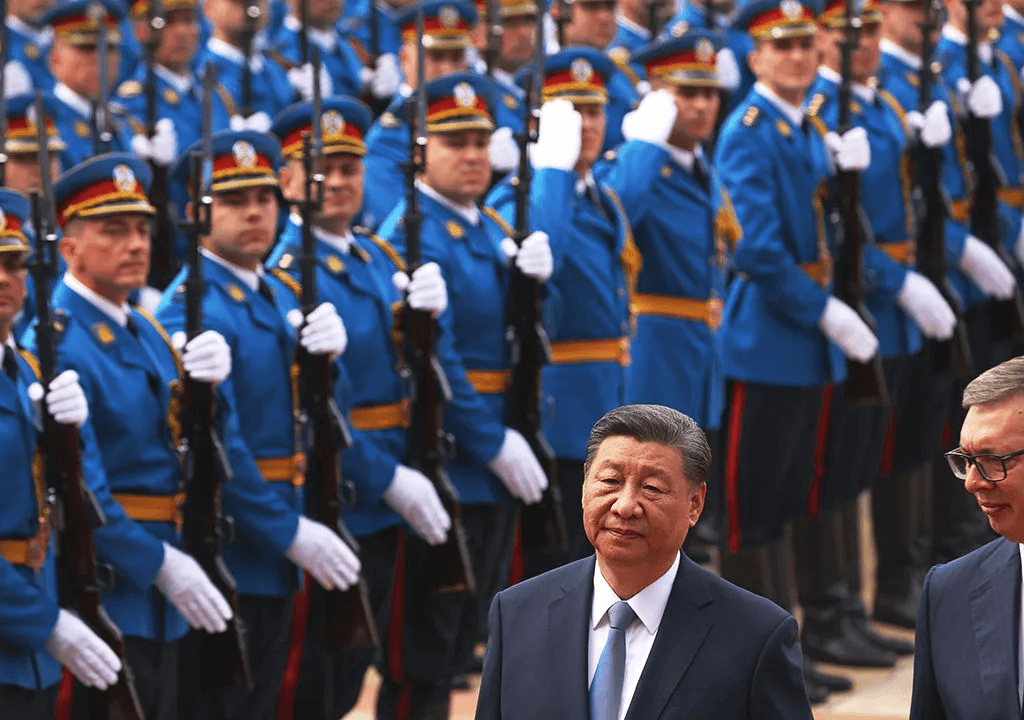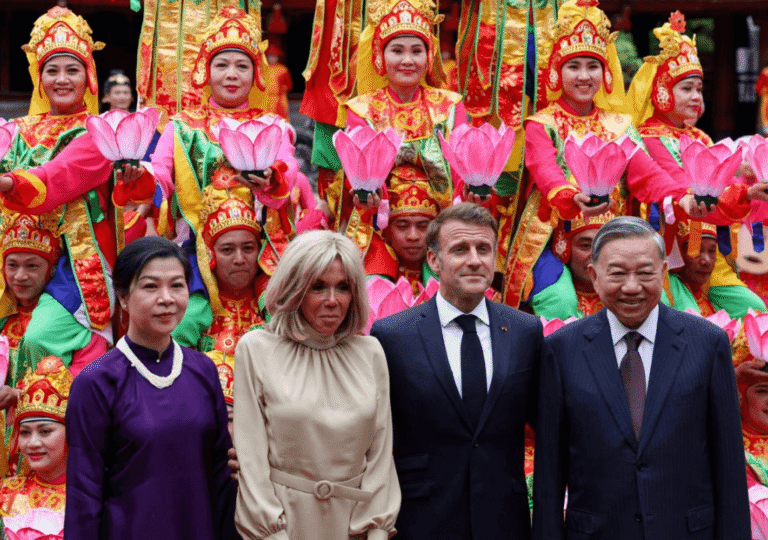Hungary, the central European state, which frequently criticizes Europe and maintains warm relations with Russia, was said to be a Trojan horse to Europe by international media. The country, with a conservative government under the leadership of Viktor Orban, has kept a closer relationship with Putin than with any other western leaders. Many expect this country will join the pole under the leadership of China and Russia. Both Chinese and Russian governments are keen to maintain their relationship with Hungary, their sole ally in the European Union. China, who is losing the European market gradually, is investing a lot of money in Hungary to keep their business in the European market through Hungary. Many officials from both countries are flying in both directions to advance this objective. Recently, Chinese President Xi Jinping visited Hungary, and it is considered to further bolster the relationship between China and Hungary, strengthening their economic collaboration, which leaves many doubts in the European union.
Xi’s visit to Hungary is part of the recently concluded Eurotrip, which was his first European tour in five years. Xi arrived in Hungary late on Wednesday after stops in Serbia and France, and he was given a ceremonial welcome by Hungary’s president, Tamás Sulyok, at Buda Castle in Budapest. Xi was also met by the controversial Hungarian Prime Minister Viktor Orbán at the airport. The Hungarian prime minister, the EU’s longest-serving leader, has sought to deepen ties with Beijing and Moscow and blocked EU motions criticizing China’s human rights abuses. After their meeting, the Chinese state media agency Xinhua reported that China and Hungary had decided to elevate their ties to an “All-weather comprehensive strategic partnership in the new era”. Orbán mentioned that the two countries were planning to broaden their collaboration across all aspects, including the nuclear industry. In a major departure from the European mainstream, the Hungarian prime minister said he supported China’s “Peace Plan” for Ukraine. While Western leaders have criticized the Chinese peace plan, known as the 12-point plan, published in 2023, because it does not call on Russia to withdraw its forces or return territory, the biggest demand of Ukraine and Europe.
The rapport between Europe and China has significantly worsened in recent years. In 2019, the EU labeled China as “A Systemic Rival,” and just last year, the President of the European Commission, Ursula von der Leyen, emphasized the necessity for Europe to “De-risk” its ties with Beijing. This involves, in part, reducing reliance on Chinese supply chains. It’s visible that the trends of European countries withdrawing from Chinese investment, and Europe is said to be working to shift the global manufacturing hub from China. The increasing calls for “Make in Europe” were disrupted by China and their “Unfair” market strategies, including subsidies. European agencies are conducting investigations against Chinese businesses, and the relationship between Europe and China is at an all-time low in the 21st century. However, Hungary, which is marking 75 years of diplomatic relations with Beijing, has distanced itself from the EU strategy. They continue their warm relationship with China and keep their doors open for Chinese business. In return, the central European country has received billions in Chinese investment and hosts Huawei’s largest base outside China. BYD, a prominent Chinese automaker, is preparing to inaugurate its first production line for battery-powered cars in Europe, located in Szeged, Hungary. This initiative presents a considerable challenge for European companies operating at the core of Europe. Interestingly, one of the main causes for dispute between China and Europe is China’s interest in the European EV market, which can be dominated by the cheap EV cars of China. According to statements reported by China’s state news agency, Xinhua, Xi declared that the relationship between China and Hungary is now at its strongest point in history.
The countries chosen for Xi’s Eurotrip are interesting. France has a neutral relationship with China, while Serbia and Hungary, two European countries, have strong relationships with China. This proves the political importance of the trip. Serbia has long supported China’s claim on Taiwan and has Beijing’s support for its claim to Kosovo. Although Serbia is not a member of the European Union and doesn’t have much influence in the European market, the agreements with the European Union’s member, Hungary, will impact European politics and the European market. Hungary’s foreign minister, Péter Szijjártó, has stated that 16-18 cooperation agreements would be signed during Xi’s visit, one of which could be a large-scale infrastructure scheme within China’s vast Belt and Road project. These agreements will further strengthen the relationship and maintain China’s ties with Europe and their foothold in the European market.








